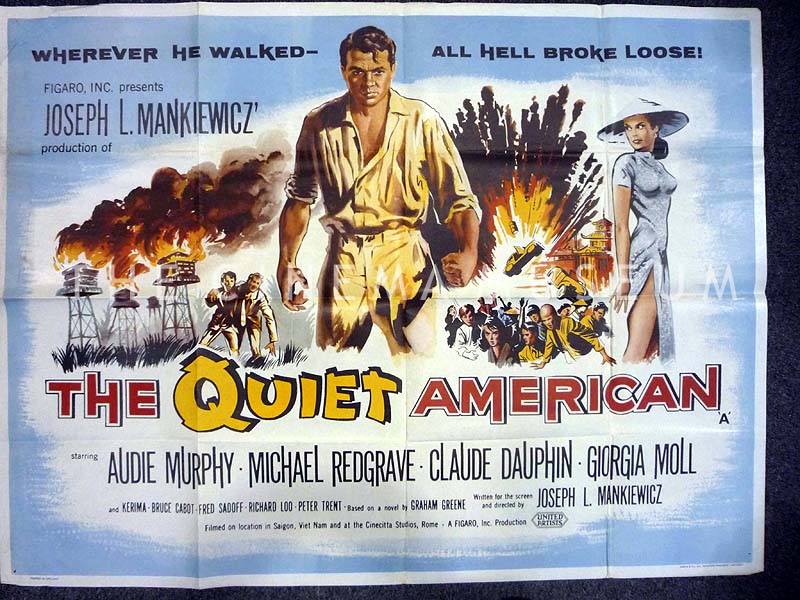


Still, it's sometimes good to remind oneself of the fact that upon Greene's own book shelves Henry James reigned. Certainly Greene was always a writer interested in thrill - as a teenager he played Russian roulette of the deadly, non-metaphorical kind. This detailed ethical realism is an aspect of Greene often neglected in favour of the more baroque aspects of his oeuvre - the forthright sexuality, the wanderlust, the journalistic reportage - traits which seem to place him securely amongst the company of his fellow adventurers: Erskine Childers, Len Deighton, Alec Waugh, John Le Carré. And so there is no real way to be good in Greene, there are simply a million ways to be more or less bad. His people exist within a meticulously calibrated moral system. Where lesser novelists deploy broad strokes to separate good guy from bad, Greene was the master of the multiple distinction: the thin lines that separate evil from cruelty from unkindness from malevolent stupidity. No 20th-century writer had a subtler mind for human comparison. "I had to find a religion," said Graham Greene, "to measure my evil against." This puts Greene the "Catholic novelist" (a description he detested) into correct perspective: before he chose Christ as his highest value, he was first a man obsessed with scale itself.


 0 kommentar(er)
0 kommentar(er)
